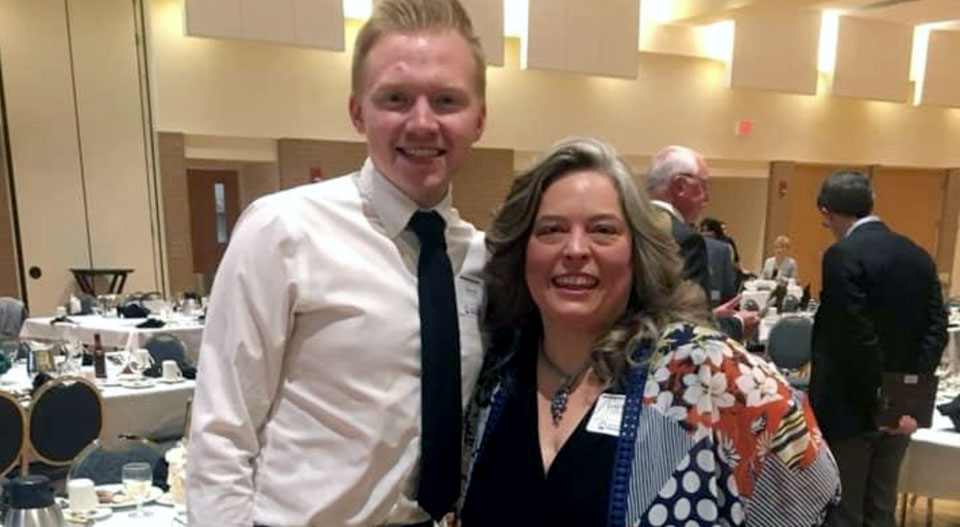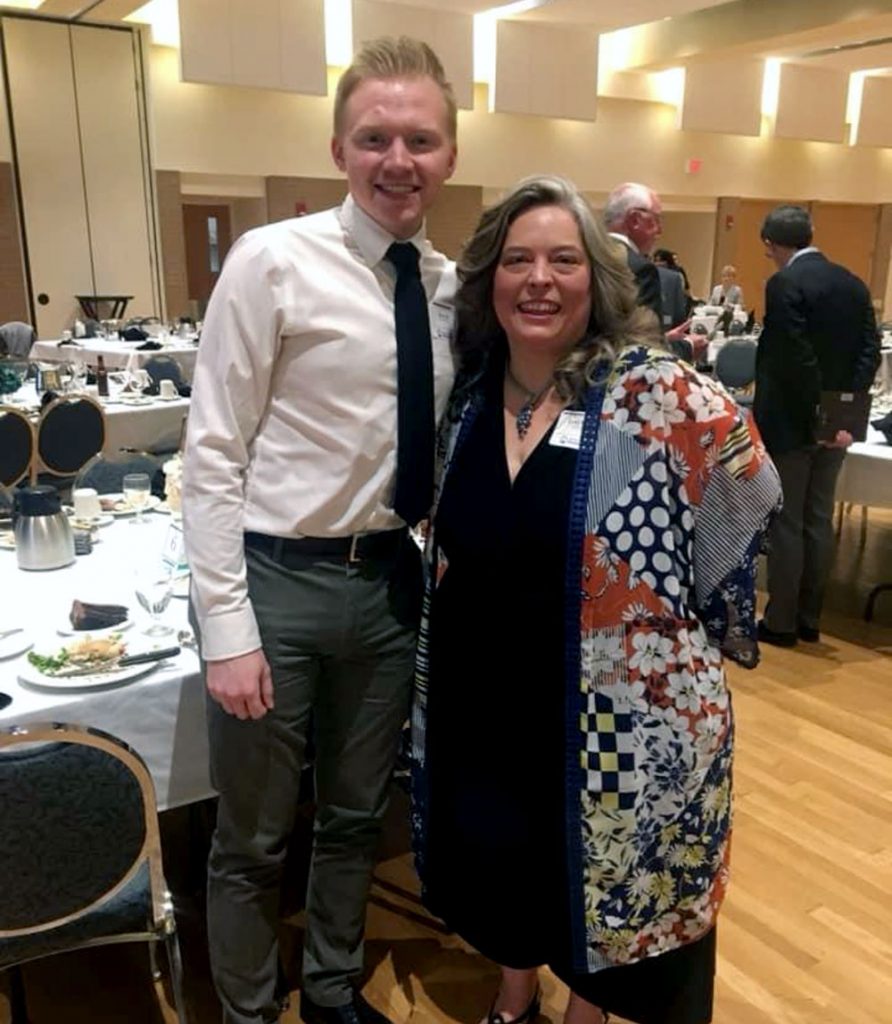
In this year, this time, and this moment, it seems as if every one of us has something we’re struggling with. This isn’t to diminish pre-existing problems or concerns, but in my short life, I haven’t experienced people within a culture (or portion of a culture) witness, act and suffer the way those around me in person and on social media have over the course of this year. Regardless of where you land on the political spectrum or where your allegiances lie, 2020 has presented difficulties on a major scale with major consequences for each of us and the generations to follow.
Instead of focusing on an individual issue or topic that is currently proving arduous for Americans and others, I perceive it most appropriate–based on the limited amount of time that I have your attention–to examine the roles that difficulties have on us as humans.
“Difficulties” as defined by our friend Google represent, “a thing(s) that is hard to accomplish, deal with, or understand.” Not a bad definition, and it drives the point home on what exactly they are, but each of us experiences very different types of difficulties. When you think of your own difficulties, what crosses your mind? What makes you stumble or worry? Is it something you habitually go through or do most of your difficulties stem from random occurrences?
These difficulties drive our fears, failures and even our transgressions, unfortunately. But given the right mindset and set of intangible tools, difficulties can catapult individuals into not only finding victory, but discovering what drives their decision-making process in the first place. I guess an easier way to paint this picture would be, “How did I end up here and how can I turn this experience into something not completely negative?”
In the midst of adversity, it can be easy to address the first part of the question; not so much the second. More often than not, the difficulties we face seem to arise out of the necessity of being in one place at one time. We have to go to work, we have to raise our children, we have to go through life. Some things are unavoidable, even if we see them coming in our metaphorical rearview mirror. Swerving or speeding up only delays the inevitable. Accepting difficulties as a part of life is one step, but shifting our attitudes to believe that demanding scenarios can create growth is another.
What if, instead of saying, “I have to go to work,” we said, “I get to go to work!” What about replacing “I have to wake up extra early tomorrow to finish a project for class,” with, “I have the opportunity to spend more time learning about something I care about tomorrow.” Our own perception of personal difficulties is naturally jaded even though they’re indeed our own. When we’re faced with something we don’t quite understand and are told, “understand this,” our brains struggle with making connections and finding a solution. This mentally moves us out of our comfort zone and places us in an area of difficulty. We do everything in our power to jump back to comfortability, whether it’s passable or not.
One of my many takeaways from the UW-Stevens Point MBA program–Business 730: Managerial Leadership through Applied Leadership and Decision-Making course taught by Lyna Matesi to be more specific–is that in those moments when we’re tasked with a seemingly tall order, if we can break away from the notion of escaping difficulty as quickly as possible, meaningful growth can occur.
If we can reassure ourselves that there’s an upside, a silver lining, the situation all of a sudden becomes a little less daunting. The search for an appropriate, thought-out answer to a challenging issue is rewarding based on meeting a need for someone or yourself. It’s also rewarding as you pull from the experience when you’re faced with the next difficulty. And the next one. And the next one.

After earning a bachelor’s degree in business administration, Kevin Ile ’19, MBA ’20 served as a graduate assistant for the University of Wisconsin-Stevens Point MBA program. Since completing the program, Kevin has advanced into a commercial lender role with Peoples State Bank in Wausau, Wisconsin. He can be contacted at kevin.ile@bankpeoples.com.

